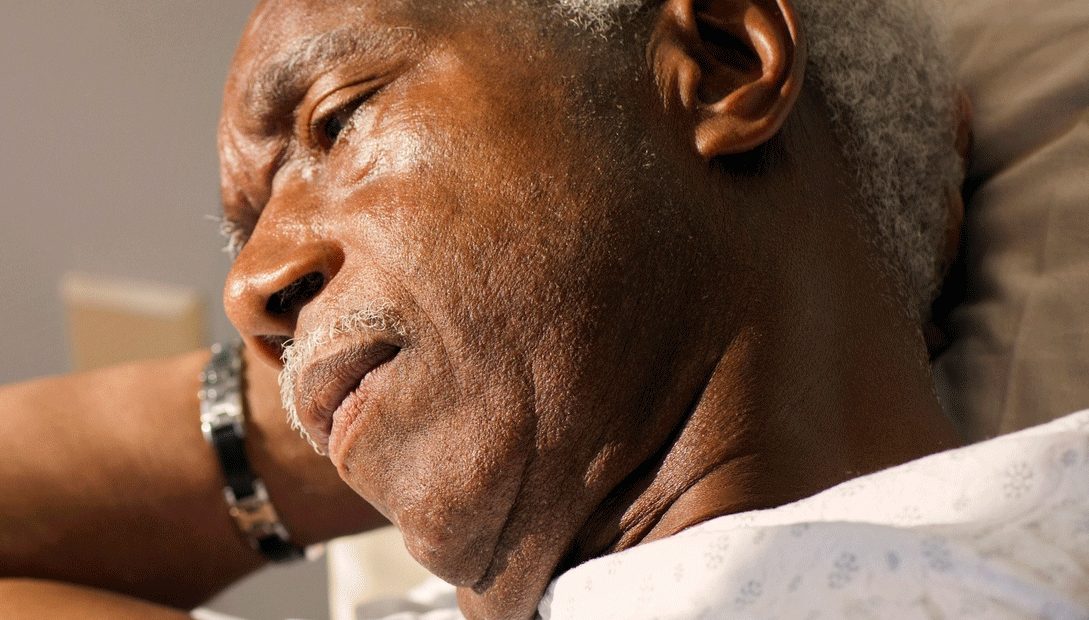The Racial Gap for Health-Related Death Is Bigger in Rural Areas

Black people in rural areas have the highest death rates for diabetes, high blood pressure, heart disease, and stroke.
Black people in the United States are more likely than whites to die of the major modern lifestyle diseases: type 2 diabetes, high blood pressure, heart disease, and stroke.
It also makes a difference where you live. Blacks in rural areas do worse than urban blacks and rural whites.
A major reason is poverty: in 2018, 31.6 percent of blacks that didn’t live in a big metro area were poor, compared to 21.6 percent in the city.
Another is obesity. People in rural areas, regardless of income and race, are more likely to be obese than city people. Blacks are more likely than whites to be obese, a risk factor for all these illnesses.
According to research, the gap between the races is especially wide for deaths related to type 2 diabetes and high blood pressure. Black rural residents were two to three times more likely to die from those conditions than white rural residents. Those racial differences improved in the cities but not in rural areas over the 20 years ending in 2018.
Rural blacks did see improvements in heart disease and stroke, with death rates falling at a similar rate in rural and urban areas over the 20 years. In fact, it fell more rapidly for stroke in rural areas than in urban ones.
YOU MIGHT ALSO LIKE: COVID-19 and People of Color
Blacks and diabetes
In the United States, black adults are nearly twice as likely as white adults to develop type 2 diabetes — and that racial gap has been rising over the past 30 years. Obesity was driving the difference, one study reported.
The heaviest group is black women. Fifty-six percent of black adult women are obese and another 31 percent are overweight, according to the Centers for Disease Control and Prevention (compared to 38 and 28 percent for white women).
Eating burgers from fast-food restaurants (pizza and Mexican food is a better choice, but not by much), having children young and gaining too much during pregnancy, and experiencing racism, all contribute to weight gain, research suggests. Black women are also more likely to gain weight after menopause.
What you can do to avoid diabetes
- Cut sugar and refined carbs from your diet.
- Exercise regularly.
- Make water your main drink.
- Lose extra pounds.
- Quit smoking.
- Watch portion sizes.
- Find ways to build activity into your day. Stand while you talk on the phone, choose stairs over the elevator, or park further from your destination.
- Consider the anti-diabetes drug Metformin, if you have prediabetes.
What you can do to manage high blood pressure
The same habits that will help you avoid diabetes will help you control your blood pressure. In addition, limiting salt, alcohol, and spikes in stress will help. Consider following the DASH diet, designed to manage blood pressure.
YOU MIGHT ALSO LIKE: It's Time for a Colonoscopy if You've Turned 45
Updated:
December 02, 2021
Reviewed By:
Janet O'Dell, RN